When Volkswagen launched the Phaeton as its flagship sedan in 2002, the company had high expectations when it came to luxury and performance. Heck, it was even based on the same chassis as the Audi A8! The only difference being the A8 was made out of aluminum, while the Phaeton was made of steel.
After its brief two year existence in the United States, the Phaeton was withdrawn due to underwhelming sales. Though the Phaeton failed miserably in the U.S., it soldiered on in Europe and other countries until late 2015 – it appeared its fate was sealed by the diesel emissions scandal.
Then, Volkswagen decided to re-launch it as an electric only vehicle, but soon that plan was also scrapped.
So now that the expensively engineered sales nightmare has been permanently put to rest, it’s time to introduce its successor: the 2017 Volkswagen Phideon.
What’s New
The Phideon is the first Volkswagen model to use VW Group’s modular, longitudinal-engine MLB architecture. At 198.8 inches long, 73.6 inches wide, and 58.3 inches tall, the Phideon is a class above the European spec Passat.
The Phideon’s exterior design is heavily influenced by Volkswagen’s C Coupe GTE hybrid concept car from the 2015 Shanghai Motor Show. The new, full-size flagship sedan is named after the Roman goddess of fidelity, Fides, but when it’s translated into German, its spelled Phideon (don’t ask me why, cause I have no idea).
The Phideon was designed and developed in Germany to make sure the car works in the same way for both the owner and the chauffeur. The Phideon rides on the same active air suspension system used by Bentley and comes with five different driving settings. The 2017 Volkswagen Phideon will be the first Volkswagen branded vehicle to offer thermal-imaging night vision.
The Phideon includes technology and safety features like autonomous driving, adaptive cruise control, lane departure warning, lane change assist, park assist, and auto emergency braking. Other key features include a heads-up display, 360-degree view camera, and light assist, which automatically lowers the high beam headlights.
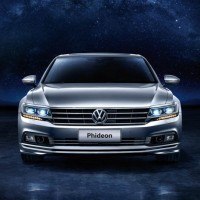
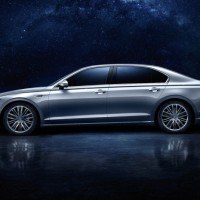
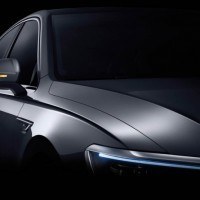
Performance
At launch, the Volkswagen Phideon will come standard with a turbocharged 3.0 L V6 which produces 300 horsepower and 347 lb.ft. torque. Volkswagen’s 4Motion all-wheel drive system is also standard on models equipped with the turbocharged V6 engine.
In 2017, an entry-level 2.0 L turbocharged four-cylinder Phideon will join the lineup. Later in the production run, a plug-in hybrid model is also expected.
Interior
Inside, the Phideon has seats that offer multiple adjustments, heating, cooling, and massaging functions. Ambient wrap-around lighting, with three colors, offers a lounge-like atmosphere. Volkswagen’s latest MIB infotainment system with Android Auto, Apple CarPlay, and Mirror Link will also be featured in the Phideon.
Availability
The all-wheel drive Phideon will be built and sold in China starting in the 3rd quarter of this year. However, since it debuted in Geneva, there is a slight possibility it will be sold to other markets like Europe and the Middle East – but don’t expect to see the Volkswagen Phideon on U.S. soil anytime soon. The wounds of the failed Phaeton are still fresh in our memories.
*Rahul Raman is the Founder of CARS 360 Mke, an automotive news outlet. He is a regular contributor to Automoblog and the author of our First Look series.
Volkswagen Phideon Gallery
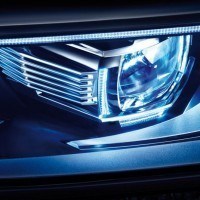
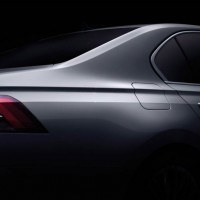
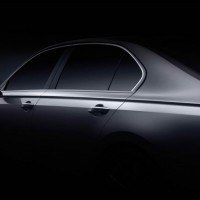
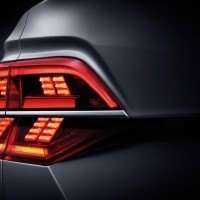
http://www.automoblog.net/2016/03/04/china-now-volkswagen-phideon-debuts-geneva/
No comments:
Post a Comment